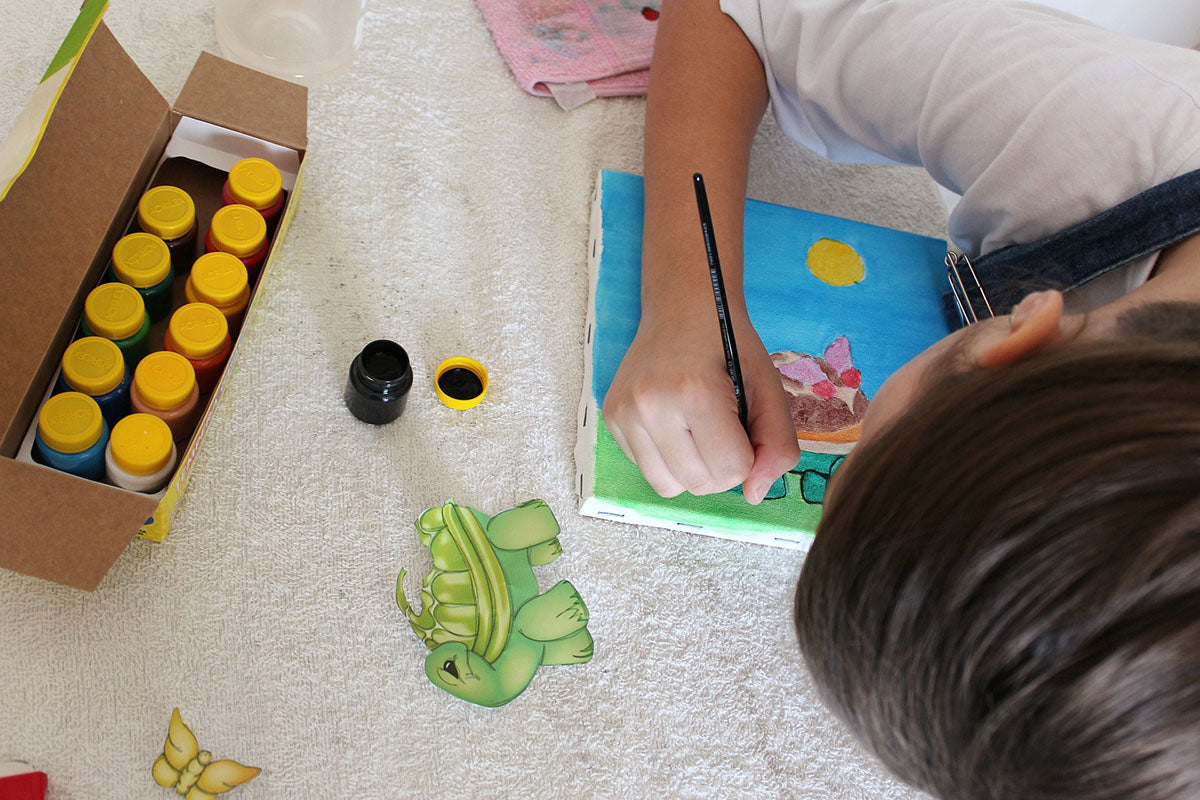
Nurturing Emotional Health: Self-Care Strategies for Children
By Susan Good
Navigating the complexities of modern life, children encounter stress and pressure from multiple fronts, impacting their well-being significantly. Incorporating engaging and mindful activities into their daily routines is pivotal for their relaxation, rejuvenation, and the development of vital life skills. These activities are meticulously crafted to bolster their physical, emotional, and mental health, ensuring a balanced development.
Establish a Calming Nighttime Ritual
Creating a serene nighttime ritual plays a crucial role in improving sleep quality, allowing children to wake up rejuvenated and ready for the day. Integrating activities such as reading a favorite book, gentle stretching, or listening to soothing music can signal the brain that it's time to wind down. This routine not only assists in establishing a healthy sleep pattern but also provides a moment of bonding and relaxation before bed, setting a peaceful tone for the night.
Introduce Mindfulness Practices
Teaching children simple mindfulness and stillness exercises can be a game-changer in managing stress, enhancing concentration, and fostering a sense of calm. Techniques such as focused breathing, sensory walks, or guided imagery can be tailored for young minds, offering them tools to navigate their emotions and thoughts more effectively. These practices lay the foundation for developing resilience, enhancing self-awareness, and cultivating a peaceful inner landscape.
Foster Artistic Expression
Creating art offers kids a myriad of benefits, including the enhancement of their cognitive, motor, and social skills, while also providing a therapeutic outlet for expression and creativity, fostering a strong sense of self and emotional resilience. Preserve your child's artistic creations by saving them as PDFs, ensuring they're digitally preserved for future sharing and storage. With a mobile app, scanning documents or images to save as PDFs becomes a seamless process. Learn more with this step-by-step guide.
Enhance Emotional Intelligence
Participating in group activities and teamwork challenges is instrumental in developing children's emotional intelligence, empathy, and social skills. Engaging in cooperative games, group projects, or community service teaches valuable lessons in communication, conflict resolution, and the importance of empathy. These experiences enrich their understanding of emotions, both in themselves and others, paving the way for stronger relationships and social interactions.
Promote Unstructured Exploration
Allocating time for unstructured play and exploration is essential for nurturing creativity, imagination, and problem-solving skills. Whether it's building forts, imaginative play, or simply daydreaming, this unguided exploration allows children to express themselves freely and discover their interests. It stimulates cognitive development, encourages curiosity, and provides a safe space for experimenting and learning through trial and error.
Engage in Interactive Culinary Adventures
Involving children in cooking activities not only promotes a balanced diet and teaches valuable culinary skills but also strengthens familial connections. Preparing meals together offers a hands-on learning experience about nutrition and food preparation, while also fostering teamwork and responsibility. This shared activity can turn into a cherished ritual, creating lasting memories and instilling a love for healthy eating.
Cultivate a Habit of Thankfulness
Encouraging daily reflections and expressions of gratitude instills a positive perspective on life, enriching children's emotional well-being. Discussing what they are thankful for each day, whether through conversation, journaling, or creative arts, nurtures a mindset of appreciation and contentment. This practice enhances their emotional resilience, fostering an optimistic outlook and a deeper appreciation for the simple joys of life.
Discover Nature-Based Exploration
Immersing children in nature-based activities not only instills a respect for the environment but also promotes physical well-being and a connection with the natural world. Activities like hiking, gardening, or outdoor scavenger hunts offer invaluable lessons in ecology and conservation, while also encouraging physical activity and mindfulness. This reconnection with nature enriches their sensory experiences, supports health, and fosters a lifelong appreciation for the environment.
Incorporating these engaging and mindful activities into the daily lives of children can profoundly impact their well-being, equipping them to face life's challenges with resilience, happiness, and a sense of accomplishment. By focusing on their physical, emotional, and mental health, we empower our children to grow into well-rounded individuals, ready to embrace the world with confidence, creativity, and a compassionate heart. Engaging in these practices together not only benefits their development but also strengthens our bonds with them, creating a nurturing and supportive environment for all.
Empower educators and therapists to make a difference in the lives of their students with special needs by exploring a wide range of supportive products and services from Westminster Technologies.

Leave a comment